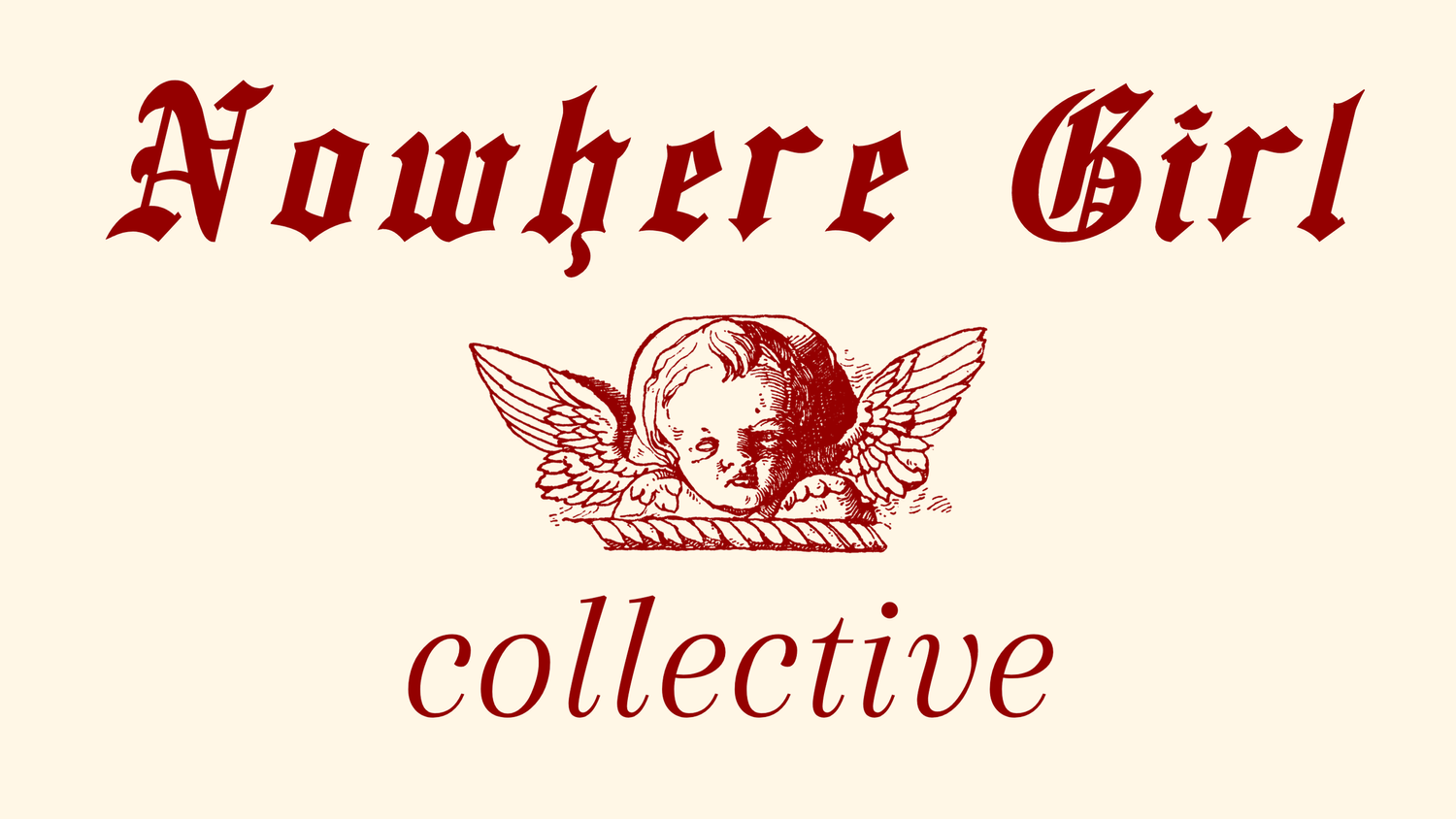WHAT I (THANKFULLY) LEARNT ABOUT LOVE
I do not wish to explain my passion—that would imply that it was a mistake or some disorder I need to justify—I just want to describe it.
- Annie Ernaux
What I am about to share in the next few lines is nothing but my humble, childlike yet deep-seated reflection about something as trivial and banal as love can seem to the common eye. Many believe that love is something we take for granted, while I have scrutinised faces of those who sincerely regard that they will never grasp a sense of what today’s society has narrowly defined as “love”.
As Argentinian writer Silvina Ocampo wrote: «¿Cuánto tiempo hace que no pienso en otra cosa que en ti, que te intercalas entre las líneas del libro que leo, dentro de la música que oigo, en el interior de los objetos que miro?». In an unworthy attempt to translate her words with akin strength: «How long has it been since I don’t think in any other thing than in you, who intersperse between the lines of the book I’m reading, inside the music I listen to, inside the objects I gaze at?»
I thoroughly presume that love is contained in every surface we look at, in every insignificant (yet significant because everything we do is a relentless search for love) action we downplay in our everyday life, in every grand gesture we carry out so as to make the screams into the void mean something to someone, somewhere. Feeling that your heart is not big enough to hold such infinitesimal sentiment you were always taught to neglect and feel superior to. Having the certainty that there are not enough words to blurp it all out notwithstanding the fact that you have already said more than you should have.
What I’m clumsily trying to express is that love is an inherently human trait, we could not have been nurtured if it weren’t for a selfless sense that we should be taken care of. The only certainty we have about death is that love will be present somewhere. Like it or not, we have more love inside our bodies than we do blood or guts, and everything we do revolves around it, whichever the source may be (need for acceptance? validation? tenderness? purpose? urge? creation?).
Feeling unlovable is as easy as it is because we all have an impulse inside of us that leads us to screaming and begging to be appreciated. The thing is, love is neither replaceable nor transferable, and we live too quickly, too steadily, we do not dance near enough to crappily produced pop songs, we do not laugh enough when getting wine drunk, we do not candidly howl enough. Yet, we always feel like time is running out. I didn’t have my first kiss until I was 17, but I felt like I was competing against an imaginary rabbit and it was already too late. Inconceivable.
I have been taught that romantic love is something that should be rejected and that we should feel repulsed by it (and I wholeheartedly agree, but I’m not getting into the relational dynamics of today’s patriarchal society). One reflection regarding this topic that has really resonated with me throughout my teenagehood is the one Catalan writer Carmen Laforet presented in her book “Nada”: “I was arriving home, from which no invite to a wonderful summer would save me, back from my first dance in which I hadn’t danced”. This phrase beautifully represents the disenchantment felt after a disappointment caused by what was thought to be love of some kind.
Now, I’d like to share some lovely words from the only pre-romanic language that has survived and is still actively spoken in the Basque Country: euskara. I believe that these words accurately symbolise how love is viewed and lived in a culture that is very close to my heart and that will always be part of me.
First of all, “bihotz” means “heart”, and it is composed of “bi” (two) and “hotz” (sound), representing the heartbeat. “Musutruk” means “for free”, and it is composed of “musu” (kiss) and “truk” (in exchange of), figuratively meaning that you can get something in exchange of a kiss. In addition, “maitemindu” means “being in love”, and it is composed of “maite” (to love) and “mindu” (to hurt), showing a beautiful oxymoron. Those words’ meanings accurately represent love from their very root.
Above all, and after this short linguistic verbiage (I cannot resist it), I remain under the conviction that love is too collective yet too personal to ever understand it in its full manner. My philosophy professor always talked fondly about his wife he started dating when he was in high school, and his unsparing emphasis was always focused on not searching for what completed us, but to find someone or something that makes an addition to us, that makes us better.
After all, what do I know? Just that I’m very naive yet very brave for putting my heart out in this cruel world for everyone to see, and that loving unconditionally is my biggest achievement to date.
Izzy Medley, 18, Basque Country ✯ IG: @izzywriteswords
“Izzy Medley is a young writer from the Basque Country but, above all, a girl with voracious hunger for words and knowledge. She is getting started in the perilous world of getting lost in words and hopes to keep exploring for evermore.”
